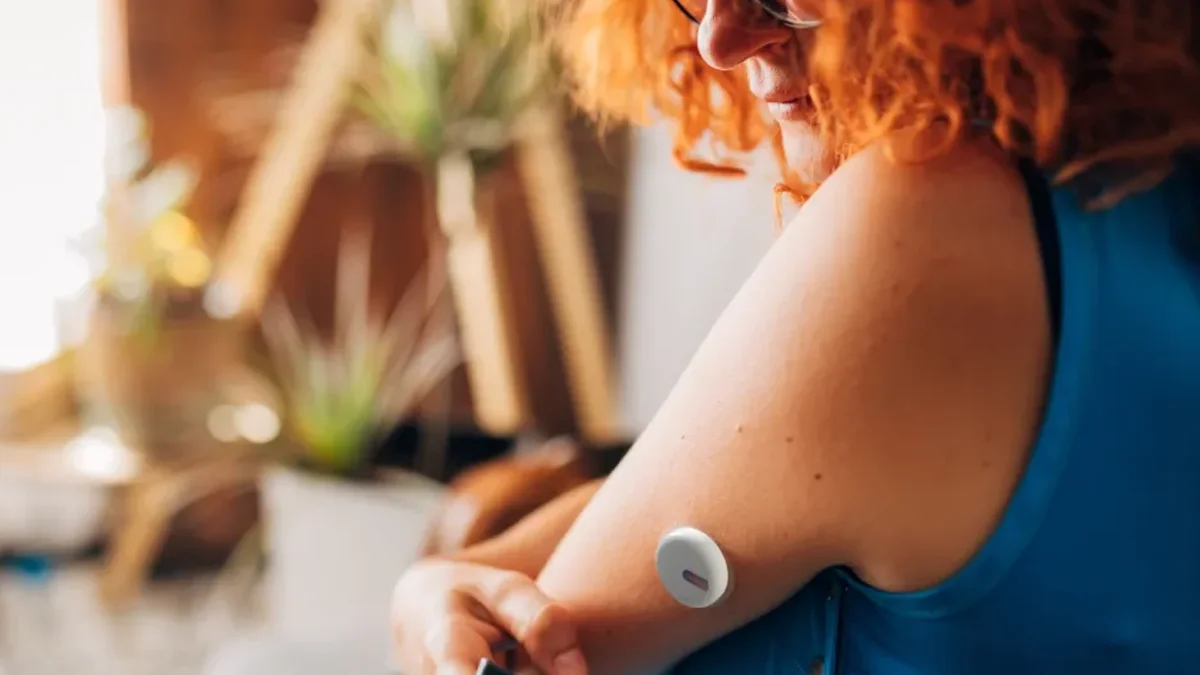Necessary Always Active
Necessary cookies are required to enable the basic features of this site, such as providing secure log-in or adjusting your consent preferences. These cookies do not store any personally identifiable data.
|
||||||
|
||||||
|
||||||
|

Canadian healthtech startup, Proton Intelligence has closed a $6.95 million seed funding round to develop a product for monitoring potassium. TechCrunch reported that Proton Intelligence’s product launch is set to happen in 2025 and clinical trials are ongoing.
Proton is making a tiny device that users will insert below the skin to monitor potassium levels in their body. The wearable biosensor for potassium will then be connected to a smartphone app to enable users to keep tabs on their potassium levels.
When their potassium levels surpass the safe range depending on diet or medication, users will receive a notification on their phones. The comes with a dashboard that displays analytics of potassium trends for the user. Clinicians and care teams can use this data to polish treatment and therapies.
Proton was co-founded by Sahan Ranamukhraarachchi and Victor Cadarso who researched wearable biosensors in Switzerland ten years ago. After their research job,Cadarso joined Monash University in Melbourne as a Professor of Micro and Nano-sensors.
Ranamukhraarachchi, on the other hand, founded Microdermics- a skin-based drug delivery startup.
The duo says that potassium imbalance is a real problem for many patients. About 10% of the global population suffers from chronic kidney disease. Thousands of patients die every year due to low access to affordable health care. The Proton team invested heavily on their chronic kidney disease monitoring product, conducting in depth interviews with more than 100 care teams.
“These highlighted the devastating consequences of ‘flying blind’ when managing potassium levels, because delays in monitoring often lead to preventable hospitalizations, stopping therapies, or even sudden cardiac death,” Proton CEO Ranamukhraarachchi said.
He added that patients talked about their persistent fear of potassium imbalance. They wondered whether missing a blood test or eating a banana would impact their health or in extreme cases, put their lives at risk.
As Proton Intelligence enters the wearable biosensor industry, it will be competing with various players in the sector. These include AliveCor, which indirectly estimates potassium levels through cardiac activity detection. The startup has raised about $154 million from investors.
Another competitor is Spain-based Renalyse that monitors potassium levels through blood samples. This startup has already raised €1 million. Proton will also be competing with Alio that has raised $46 million to monitor potassium levels in dialysis patients. But Proton founders say their wearable biosensor product has a higher competitive advantage and is more scalable.
“No other technology currently offers this level of usability, accuracy and clinical impact,” Ranamukhaarachchi added.
Proton’s seed funding round was led by the SOSV health tech investment company. Other investors who participated in the funding round include WeVenture Capital, LongeVC, Trampoline, Tenmile, Exor, and 15th Rock Venture Partners.
“We are proud to be the first institutional investor in Proton Intelligence… and we are excited to continue to support them as they move into clinical validation,” SOSV General Partner Mohan S. Lyer said.
Proton’s commercial headquarters is in Canada. The startup has a fully-fledged research and development subsidiary in Melbourne, Australia.